
UDK: 616.45-001.1/.3:547.853.3:615.015
A.L. Yasenyavskay 1, A.A. Tsibizova 1, L.A. Andreeva 2, N.F. Myasoedov 2, O.A. Bashkina 1, M.A. Samotrueva 1
1 Астраханский государственный медицинский университет, Астрахань, Россия 2 Институт молекулярной генетики Национального исследовательского центра «Курчатовский институт», Москва, Россия
Today a study aimed at the role of various neurotrophic factors in the implementation of a stress response and their influence on the functioning of the central and peripheral nervous system is of particular interest. Nerve growth factor (NGF) which belongs to a special group of polypeptide regulators has the most expressed neurospecificity. It has been established that this factor has a neuroprotective effect which is realized due to its ability to induce the induction of antiapoptotic proteins and inhibition of proapoptotic ones, thereby affecting the survival rate, as well as the differentiation of individual populations of peripheral neurons. Currently neuropeptide drugs with a wide spectrum of biological activity are considered as the leading stress protectors. Glyproline neuropeptides with proven versatile pharmacological activity, namely neuroprotective, anti-inflammatory, regenerative, immunotropic, etc., attract particular attention. Objective: to study the effect of glyprolines on the level of nerve growth (NGF) in the blood serum of white rats under conditions of "social" stress. Materials and methods. The study was carried out on 90 white non-linear male rats for 6 months. The experimental model of "social" stress was formed as a result of sensory contact for 20 days, followed by the formation of aggressive and submissive types of behavior. Glyproline compounds Thr-Lys-Pro-Arg-Pro-Gly-Pro (Selank), Pro-Gly-Pro and Pro-Gly-Pro-Leu were injected intraperitoneally at a dose of 100 μg/kg/day from the 1st day of stress exposure by the course 20 days. The level of NGF in the blood serum of white rats was assessed by the enzyme-linked immunosorbent assay using an ELISA Kit for NGF (USA). Results. Exposure to "social stress" led to a decrease in the level of nerve growth factor which probably has a cause-and-effect relationship with a decrease in neurogenetic processes. The observed restoration of the NGF level under the influence of glyprolines Thr-Lys-Pro-Arg-Pro-Gly-Pro (Selank), Pro-Gly-Pro and Pro-Gly-Pro-Leu indicates their stress and neuroprotective activity.
glyprolines, selank, stress, nerve growth factor, stress-protection
Анна Леонидовна Ясенявская, yasen_9@mail.ru